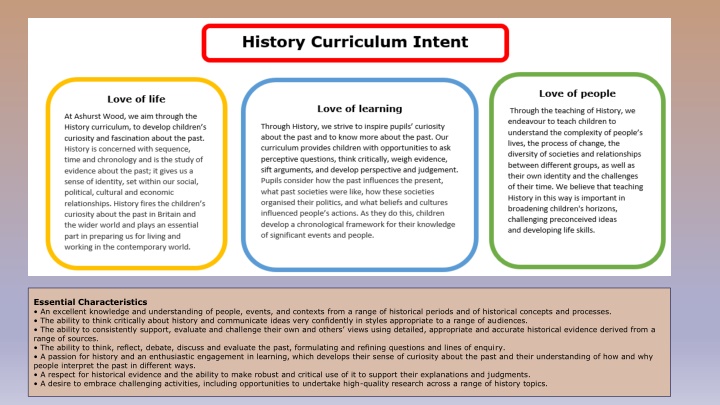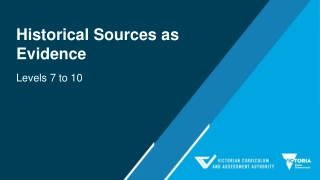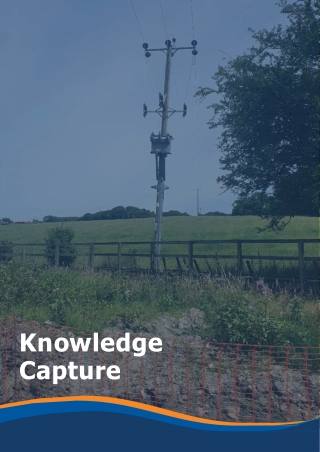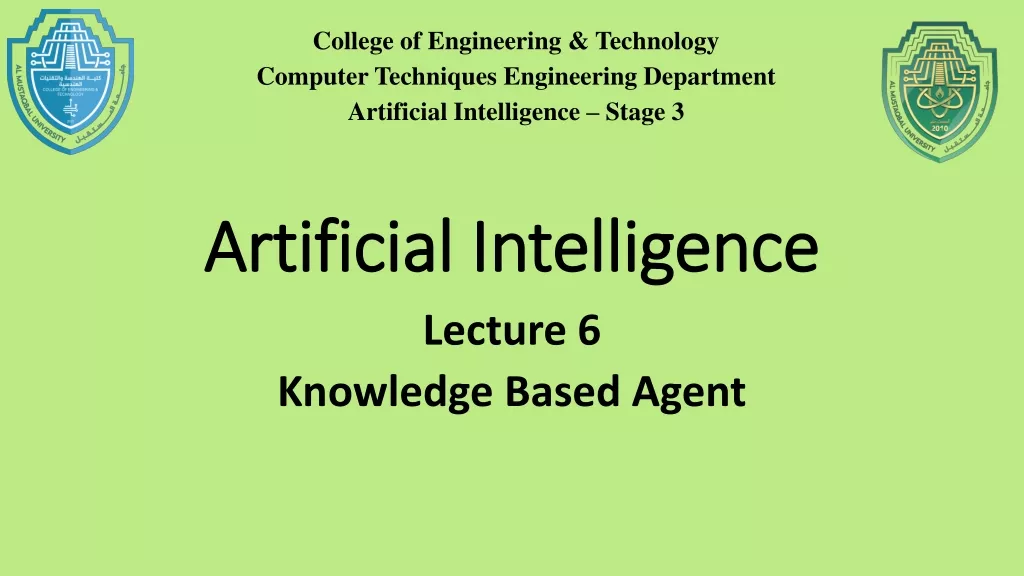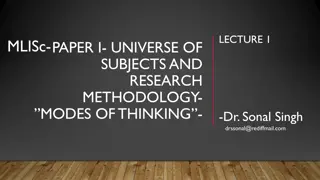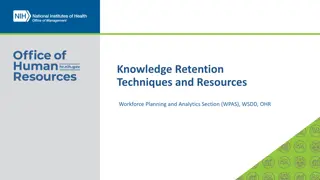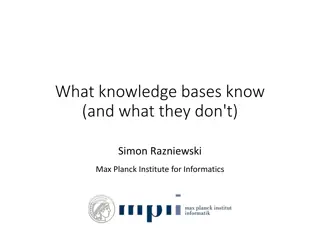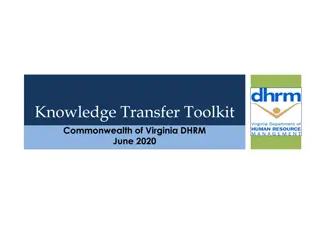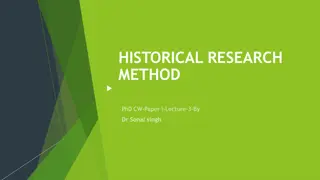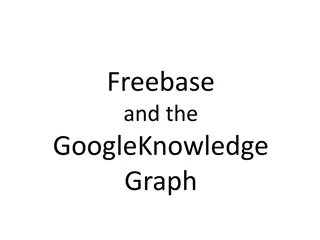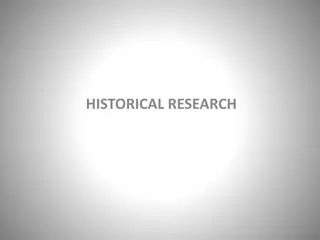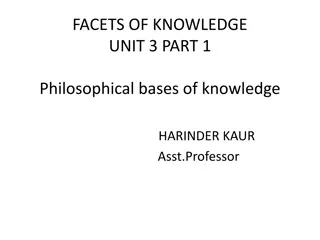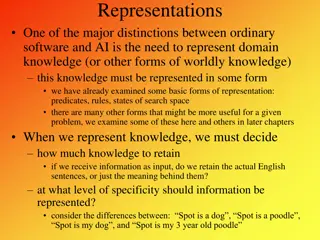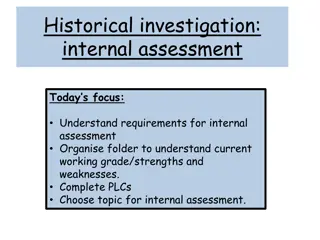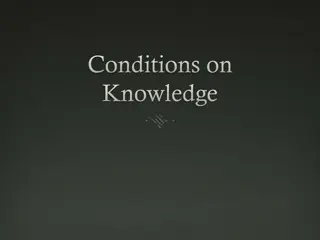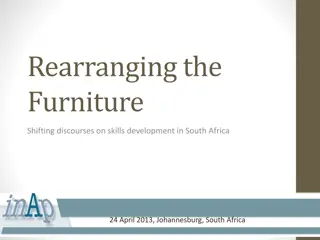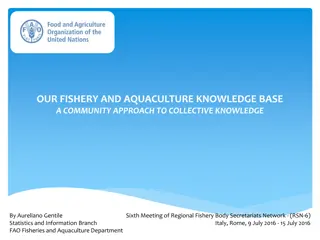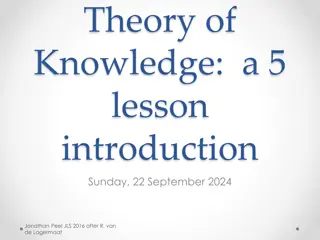Comprehensive Historical Knowledge and Understanding
Demonstrating a deep understanding of people, events, and contexts across various historical periods, this essential characteristic encompasses a broad grasp of historical concepts and processes. It involves a holistic view that integrates diverse perspectives to gain insight into the complexities of human history.
Download Presentation

Please find below an Image/Link to download the presentation.
The content on the website is provided AS IS for your information and personal use only. It may not be sold, licensed, or shared on other websites without obtaining consent from the author.If you encounter any issues during the download, it is possible that the publisher has removed the file from their server.
You are allowed to download the files provided on this website for personal or commercial use, subject to the condition that they are used lawfully. All files are the property of their respective owners.
The content on the website is provided AS IS for your information and personal use only. It may not be sold, licensed, or shared on other websites without obtaining consent from the author.
E N D
Presentation Transcript
Essential Characteristics An excellent knowledge and understanding of people, events, and contexts from a range of historical periods and of historical concepts and processes. The ability to think critically about history and communicate ideas very confidently in styles appropriate to a range of audiences. The ability to consistently support, evaluate and challenge their own and others views using detailed, appropriate and accurate historical evidence derived from a range of sources. The ability to think, reflect, debate, discuss and evaluate the past, formulating and refining questions and lines of enquiry. A passion for history and an enthusiastic engagement in learning, which develops their sense of curiosity about the past and their understanding of how and why people interpret the past in different ways. A respect for historical evidence and the ability to make robust and critical use of it to support their explanations and judgments. A desire to embrace challenging activities, including opportunities to undertake high-quality research across a range of history topics.
HISTORY TEACHING AND LEARNING AT ASHURST WOOD Our topic planning is designed so that some topics are History led and the key knowledge and skills are captured in the planning and knowledge organisers. Other topics may contain historical knowledge in addition to the main driver. All children in KS1 will study the same topic and so expectations will be different for a YR Y1 and a Y2 child. For this reason and to ensure that there is no ceiling placed on a child s learning we have identified outcomes for all children Must (End of Y4) Should (end of Y6) Could a rich and deep understanding. The Anglo Saxons and Viking struggle for the Kingdom of England. KS2 What will children Know by the end of this topic ? Should Significance and interpretation Ask and answer questions about how and why events and people being studied are significant. Construct relevant questions about history and begin to suggest how these might be answered. Can ask and answer questions about how and why events/people are significant. Skills Express preferences and personal responses to topics being studied and back-them up with evidence / facts. show empathy for people living in the past, recognising what their lives would have been like and how they would have felt. Must Significance and interpretation Recognise that some events and people are more significant than others and use evidence to back- up responses. Understand that historical knowledge comes from a range of sources, Chronological understanding Develop a clear understanding of the order of the time periods that they have studied (covering all units from KS1 & KS2). Place world history events on a timeline using the correct dates and labels. Have a clear understanding of the order of the time periods that they have studied (covering all units from KS1 & KS2). Comment on trends that happen over time. Chronological understanding Place events of British history on a timeline, using dates. Begin to understand the scale of history (eg. the Bronze Age lasted for 2000 years, but vast amounts of change in last century.) Position a growing range of eras and events on a timeline (eg. Ancient Egypt, Anglo-Saxons, Romans, Iron Age, Guy Fawkes). Separate out timeline of Britain from global events and recognise that some events are more globally important than others. Skills Understand that there can be many versions of the same events in history, giving reasons why these may exist. Make links between historical events, changes and cultures across a range of periods studied Skills Annotate a timeline with historical terms and facts, showing a sense of historical scale. Change and development Deepen understanding of trends/themes over time Describe changes across an historical period (considering social, political, cultural and technological changes). Skills Discuss changes, similarities and differences. Describe what life was like for people living at the same point (rich/ poor, military/civilians etc.) Ask and answer questions about changes, similarities and differences and challenge responses. Discuss and debate trends and themes over time. Plan and carry out an enquiry - Skills Consider the validity of different sources and select reliable, appropriate resources to use to answer a specific question. Reach conclusions on what happened based on the study of a range of sources. Reflect on enquiries and identify ways in which they could be improved or extended Change and development Begin to have an understanding of broader trends / themes over time. Plan and carry out an enquiry Ask relevant questions about history and suggest sources of evidence that could be used to answer them, recognising the difference between primary and secondary sources. Use historical terms correctly. Skills Investigate everyday life for people in the past, including clothing, food, houses, beliefs and leisure activities and recognise how these were similar / different to the modern day. Ask and answer questions about changes, similarities and differences. Explore differences between different people living at the same time. Use sources as evidence - Skills Draw together and analyse a wide range of sources (both primary and secondary), sourcing these independently where appropriate. Challenge the accuracy, validity and usefulness of artefacts, texts, photographs, online resources etc. when investigating historical sources. Cause and effect Ask and answer clear and accurate questions about what happened. Ask why questions to further historical understanding. Independently ask and answer clear and accurate questions about the past. Skills Debate and discuss different opinions about historical causes and effects. Discuss and compare a range of plausible causes and effects. Investigate and describe legacies for the modern world, investigating and discussing how ancient civilisations can still have an impact on our lives Use sources as evidence Understanding that historical knowledge comes from a range of sources. Skills Cause and effect Independently question the reasons behind historical events and changes. Give increasingly historically accurate answers to these questions. Use a range of sources or artefacts (written, visual or oral) to learn more about the past. Consider the range of sources available when we study different historical periods (eg. why do we know much more about the Romans than the Iron Age?) Look at two versions of the same events identifying how they are similar/different. Question the accuracy of modern depictions of historical events. Topic specific - Should Explain why Sutton Hoo was important and what artifacts were found there. Use these artifacts to deduce information about Anglo Saxon life. Understand that it was in this period of time that England became a Christian country. To know and identify that many towns and villages still have Saxon place name endings. Know that King Alfred is the only English King to have been given the epithet Great Skills Topic specific - Must Give reasons as to why Britain has been invaded. Be able to place the two invasions on the school timeline. Now that Anglo Saxons invaded for a variety of reasons Identify ways in which the Anglo Saxons changed Britain (Separate Kingdoms and a unified Kingdom) Could Debate whether the Vikings or Anglo Saxons had better systems of rule / lives/ rules of law or influence on Britain. Question, investigate and give reasons for events in the past (eg. why did the first Roman invasions of Britain fail, but later ones were successful?) Describe the impact of events in the more distant past on modern life (eg. the legacy of the Roman Empire for modern Europe).
Year / Class KS2 Topic Title: The Anglo Saxons and Viking struggle for the Kingdom of England. Pre learning Links. In KS2 prior knowledge will depend on which year group the child is in and which cycle is being covered. Stunning Start: Anglo Saxon excavation site / dig. KS1 who were the Romans Fantastic Finish: Visit to Battle Abby and Battlefield (Hands on workshop !00 per class 30 children) in East Sussex - Significant people - Norman Castles The Big Question: What effect the did Anglo Saxons and Vikings have on English History? Small Question Why did the Saxons invade? Push or pull? Why did the Saxons invade? Push or pull? Where did the early Anglo Where did the early Anglo- -Saxons live and how do we know? do we know? The mystery of the empty Saxon grave. The mystery of the empty Saxon grave. Creative Arts and Forest School Links Literacy links Vocabulary Tribe Agriculture Evolution Hillfort Hunter-gatherer Nomadic people Roundhouse Settlement Smelting Era Change Time Period Dates Legacy Timeline Chronology Archaeologist museum second hand evidence oral Anachronism chronological order era/period B.C.E (Before the Common Era) C.E (The Common Era) B.C (Before Christ) A.D (Anno Domini) millennium thousands of years religion sacrifice Britons nomad/nomadic this source suggests that this source doesn t show that reliable could have been might have been may be impact effects consequences significance impression change continuity cause/s infer suggest My conclusion is that . archaeologist Saxons live and how Small Question Archaeologist Artefacts Burial Remains Timeline Chronology Civilisation Historian Archaeologist archaeology sources importance significance impact effects Reason change continuity this suggests may be perhaps could be first hand evidence Booklist: Anglo Saxons Topic (booksfortopics.com) Small Question What is the significance of items found in a Saxon grave? How did the Vikings try to take over the country How did the Vikings try to take over the country and how close did they get and how close did they get Beowulf poem Small Question Small Question Small Question Small Question Small Question https://www.booksfo rtopics.com/vikings What other cultures use ruins? Alfred the Great. How great was he? Alfred the Great. How great was he? https://www.ks2hist ory.com/anglo- saxons-books How effective was Anglo How effective was Anglo- -Saxon justice? Saxon justice? Were Saxon times really Dark Ages? Were Saxon times really Dark Ages? Useful Link https://www.twinkl.co.uk/homework-help/history-homework-help/vikings-facts-for-kids/top-10-vikings-facts-for-kids 10-anglo-saxons-facts-for-kids https://www.history.org.uk/primary/resource/3866 https://kids.britannica.com/students/article/Vikings/277601 anglo-saxons-vikings-for-key-stage-2/ https://coundon-coventry.org.uk/wp-content/uploads/VikingChildren.pdf https://www.twinkl.co.uk/homework-help/history-homework-help/anglo-saxons-facts-for-kids/top- https://www.keystagehistory.co.uk/ks2/teaching-primary-history-
The Anglo Saxons and Viking struggle for the Kingdom of England.
The Anglo Saxons and Viking struggle for the Kingdom of England. Viking Gods
